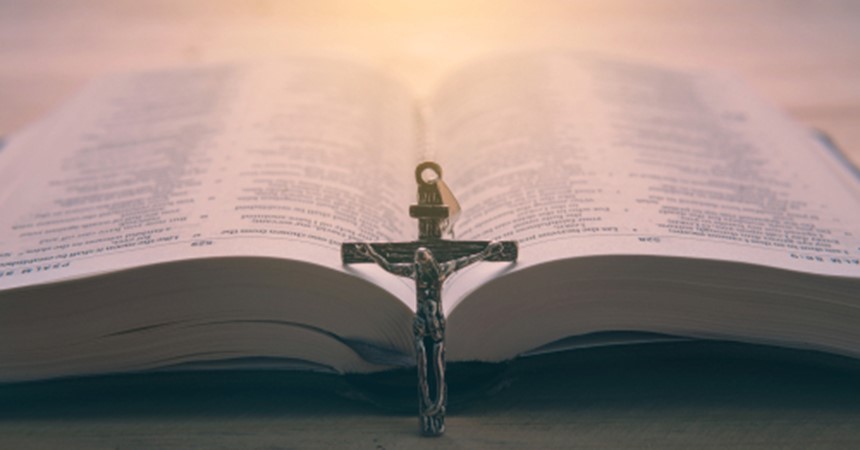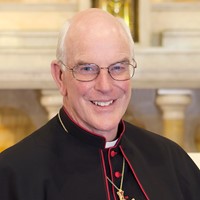That doesn’t mean there were always religious wars and persecutions raging. Polytheists, the Greeks and Romans for instance, generally managed to assimilate their subjects’ gods into their own pantheon. Early Islam ruled vast areas of Christians and Jews. They found ways to make good use of them by means of differential taxation, military conscription and use of their inherited Greco-Roman scholarship. Much later, divided post-Reformation Europe slowly learnt to make a virtue of “toleration”, at least while neither Protest or Catholic forces were strong enough for decisive victory. So there have been long eras of relative religious peace. This, however, does not reflect a belief in “religious freedom”, which is a distinctly modern view of things.
In the Catholic sphere, freedom of religion came to the fore in the writings of the American Jesuit John Courtney Murray after World War II. His concern was the growth of secularism and militant atheism. The danger he saw was not persecution by other religions, but rather persecution by those opposed to religion itself. He was rather far-sighted on that score. Anyway, his teaching was influential enough to make it onto the agenda of the Second Vatican Council where, though hotly contested, it resulted in the “Declaration on Religious Freedom”, Dignitatis Humanae, proclaimed in December 1965. As the name suggests, the declaration situated religious freedom as a right founded on the “human dignity” of persons. Made in the image of God, humans must be free to seek the truth, especially in relation to the quest to know the truth about God. The teaching reflects the council’s understanding that the desire for truth, goodness and beauty is part and parcel of being human and, essentially, is a seeking for God. All religions reflect this human quest. People cannot be coerced into faith, they must be free to see its truth for themselves, or not.
Where does that leave us in Australia as we contemplate legislation on religious freedom? The Catholic stance would suggest that the law should declare a positive right to religious freedom, bounded by the requirements of public order. The present bill, on the other hand, seeks rather to prevent discrimination against anyone because of their religion. Both approaches have their difficulties. A positive declaration of religious rights risks limiting those rights to the ones mentioned specifically in the law, leaving hostages to fortune in the form of issues that may come up later. On the other hand, an anti-discrimination bill always seems to develop a life of its own, as the claim that various beliefs, when expressed in word or action, are inherently discriminatory because they give offence to certain groups or cast them in a bad light. I honestly don’t know what is best for the “common good”, of which the law is always to be the servant. What is clear is that, if we are to have a religious freedom law, it needs the widest possible consultation and very thorough parliamentary consideration. We don’t need it next week.























































































